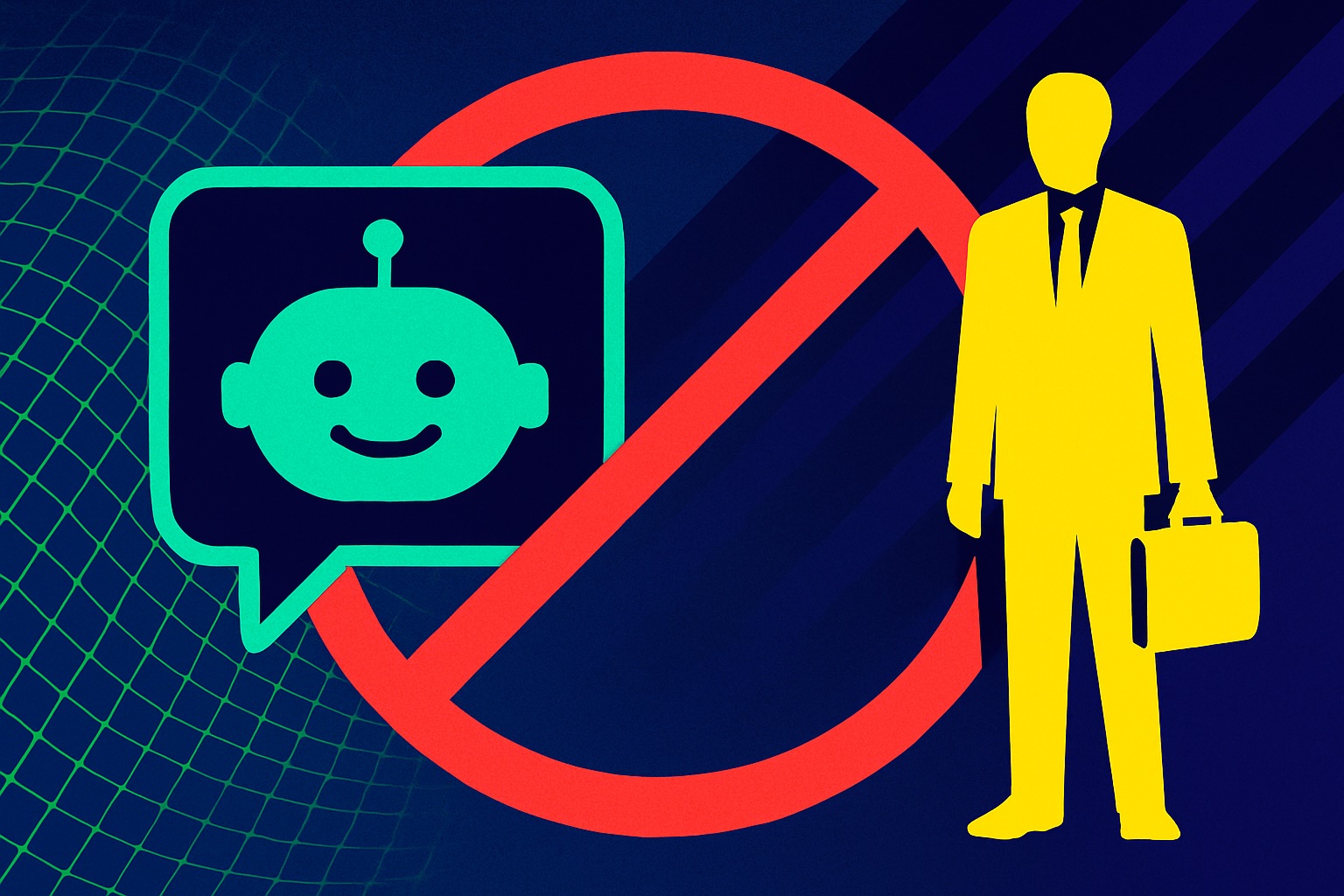Chatbots like ChatGPT have not led to significant changes in wages or working hours, study finds

A new study suggests that despite the rapid rise and widespread adoption of AI chatbots like ChatGPT, their impact on wages and working hours has been minimal so far. The findings challenge expectations of sweeping change, though the study's methods leave some open questions.
The research comes from the National Bureau of Economic Research, a US nonprofit, and draws on survey data from about 25,000 Danish employees across 7,000 workplaces in 2023 and 2024. The study focused on eleven occupations likely to be affected by generative AI, including accounting, customer service, financial consulting, IT support, journalism, law, marketing, software development, and teaching. Researchers linked self-reported data to government records on wages, working hours, and employment status.
To measure time savings, the study relied on employees' own estimates of how much time they saved on days when they actually used AI chatbots at work. These self-reported savings, combined with how often employees said they used the tools, were used to calculate average time saved as a percentage of total working hours.
However, the study didn't track time spent on specific tasks, which could have given a more accurate picture. It also didn't explore whether employees might underreport or misreport time savings—possibly because they feared negative consequences at work.
Widespread use, minimal effects
AI chatbots like ChatGPT are now common tools in the workplace. In the survey, 64% of respondents said they had used such tools at work before.
In companies that actively support AI adoption, usage climbed to 83%. About 38% of companies use their own chatbots, often customized for their specific needs. Thirty percent of employees have taken part in AI-related training.
These initiatives seem to be narrowing usage gaps. For example, the difference between male and female users dropped from 12 to 5 percentage points when companies promoted AI use. Still, the effect on productivity remains modest: On average, employees save just 2.8% of their working time with AI chatbots.
No clear changes in wages or hours
The researchers compared wages and working hours before and after ChatGPT's introduction in November 2022. The data shows no meaningful difference between employees who use AI chatbots and those who do not. Even heavy use or targeted employer support didn't lead to significant changes.
Statistical analysis rules out average wage effects larger than one percent. There were also no detectable impacts on total wages, working hours, or employee retention at the company level.
One likely reason is that productivity gains from AI are rarely passed along to employees. Only 3 to 7 percent of the time saved shows up as higher wages.
New types of work, but little economic change
Many workers say AI chatbots help them be more creative or improve the quality of their work. Some new job tasks are emerging as well. Seventeen percent of users report taking on additional responsibilities, often related to integrating or reviewing AI systems. Even among non-users, about five percent say they've picked up new tasks, such as reviewing AI-generated content.
These shifts suggest some structural changes in day-to-day work. But so far, traditional labor market indicators like wages, employment, and working hours remain largely unchanged.
Big potential, little impact—so far
The authors point to the idea of a "Productivity J-Curve." According to this theory, new technology's true economic benefits only appear after companies change their processes to take full advantage.
Other studies have also looked at generative AI's effects on the labor market, sometimes with different results. For example, one freelancer platform saw less demand for "automation-prone jobs," which hit freelance copywriters and developers hardest.
AI News Without the Hype – Curated by Humans
As a THE DECODER subscriber, you get ad-free reading, our weekly AI newsletter, the exclusive "AI Radar" Frontier Report 6× per year, access to comments, and our complete archive.
Subscribe nowAI news without the hype
Curated by humans.
- Over 20 percent launch discount.
- Read without distractions – no Google ads.
- Access to comments and community discussions.
- Weekly AI newsletter.
- 6 times a year: “AI Radar” – deep dives on key AI topics.
- Up to 25 % off on KI Pro online events.
- Access to our full ten-year archive.
- Get the latest AI news from The Decoder.